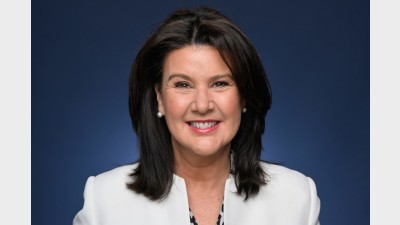BCA pushes for intergenerational surplus


A modest ‘intergenerational surplus' should be carved out of any budget surplus to fill the projected fiscal gap expected to arise as a result of demographic pressures, according to the Business Council of Australia (BCA).
The Government needed a major rethink of fiscal policy and its execution, as Australia's sound economic fundamentals were not being reflected in levels of confidence domestically, BCA said in its Budget submission 2013-2014.
It said Australians had watched the national Budget position deteriorate through the Global Financial Crisis (GFC) and public debt levels had understandably risen — but expectations were that this would be corrected, it said.
"The articulation by the Government of a strong and credible strategy on fiscal policy is needed to boost confidence," it said.
"This will also give Australians greater certainty that we will be able to pay for public services and infrastructure in the future and be resilient to the economic volatility that will inevitably come our way," it said.
A credible and achievable strategy, at minimum, would need Budget surpluses to grow to 1-2 per cent of GDP, while refreshed fiscal rules should reinforce medium-term discipline on fiscal policy to provide a "corridor of stability for the long-term budget", it said.
Global economic uncertainty and falling terms of trade that had placed pressure on revenues and precipitated the pullback from the commitment to surplus in 2012-13 reflected the need for a medium-term anchor to provide a buffer against terms of trade volatility, according to BCA.
Expenditure restraint in the short-term and a review of the size, scope and efficiency of Government should allow it to begin to anchor the budget to medium-term objectives, BCA said.
According to BCA, in addition to the intergenerational surplus the Government needed to:
• Place a hard cap on the size of Government by holding tax as a share of GDP below 23.7 per cent; and
• Specify a new objective targeting a percentage surplus, based on "recharging" fiscal readiness every 13 years to allow fiscal policy to make 3 per cent of GDP contribution if needed.
Recommended for you
While the Financial Advice Association Australia said it supports a performance testing regime “in principle”, it holds reservations about expanding this scope to retirement products.
In a Senate submission, the Financial Services Council said super funds should be able to nudge members on engaging with their super and has cautioned against default placements.
The Joint Associations Working Group, which counts FSC in its ranks, has issued an urgent warning to the government.
Senator Jane Hume will join the speaker lineup at the inaugural Australian Wealth Management Summit.













Add new comment